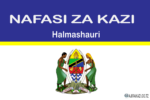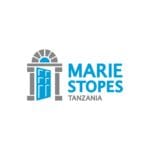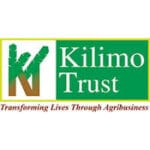AboutSetswana
Setswana is an indigenous African language belonging to the Sesotho language group of the Sintu language family. It is also the language spoken by the Batswana people. This is a group of tribes of Sintu origin that makes up a significant part of the population of the country of Botswana. Setswana is one of South Africa’s 11 official languages, and is also spoken in Botswana, Namibia and Zimbabwe. It is therefore designated by ACALAN as a cross-border language, and as a scarce skill by the South African Qualifications Authority (SAQA). Setswana speakers are the fifth largest language group in South Africa, and are found mainly in North West. The language is spoken by more than four million people, which constitute about 8% of the South African population.
The first major work on Setswana was produced by the British missionary Robert Moffat, who had lived among the Batlhaping and published the Bechuana Spelling Book, a Bechuana Catechism, as well as a number of Bible books. Setswana has been a subject of study and writing since the 18th century, and it is the first South African African language into which Bible texts and works of Shakespeare have been translated.
Why study Setswana?
- Language is one of the elements that helps to create a sense of strong cultural identity and a sense of belonging to a society.
- African languages are important because social, political and economic development on the continent depend on the proper and systematic use of the various indigenous languages.
- Analytical and writing skills that are part of the Setswana curriculum are instrumental in students achieving success in many other university courses.
- Multilingualism enhances interpersonal contact and understanding and therefore opens doors.
- Linguistic knowledge of Setswana is to a large extent applicable to its sister languages, Sesotho and Sepedi, but also to the Nguni group of languages, and therefore to the vast majority of African languages in South Africa.
- Skills acquired in linguistic and literary studies enhance scholarly interaction and achievement.
- The study of Setswana enriches your academic record and curriculum vitae and therefore expands employment opportunities.
Possible career opportunities
- Academia & research (usually within the environment)
- Freelance writing
- Translation & interpreting work
- Journalism
- Communications sector – radio broadcasting & television industry
- Public relations
- Copy-writing, editing & proofreading
- Publishing
- Lexicography
- Terminology development
- Radio drama performer
- Content management
- Language practitioner work (government & private sector)
- Administrative work
- Language technology (when combined with language technology degree)
- Useful in addition to careers in law, library and social sciences











